Sunday, April 22, the Carter G. Woodson African American History Museum celebrated 10 women trailblazers in Pinellas County at the St. Petersburg Marriott Clearwater.
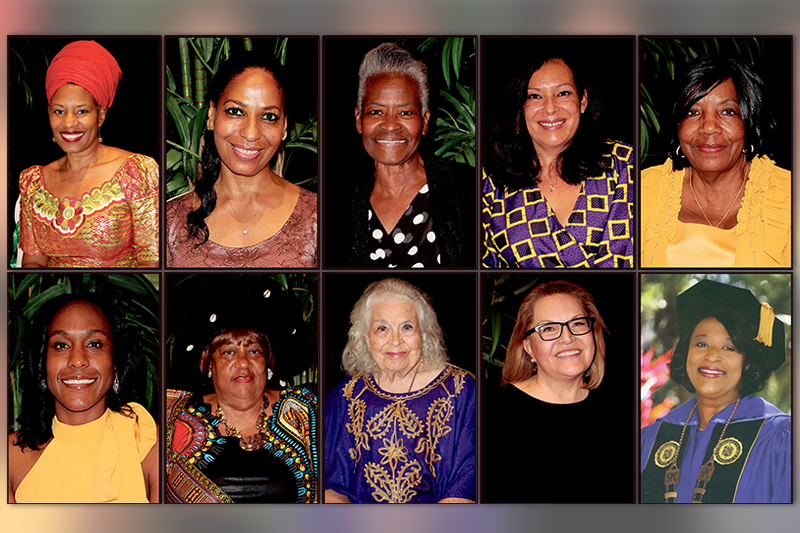
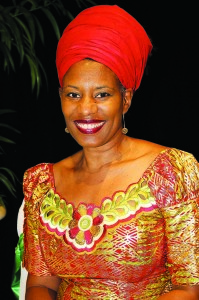 Carla Bristol
Carla Bristol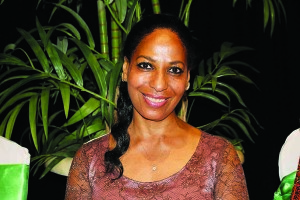 Mary Corbett
Mary Corbett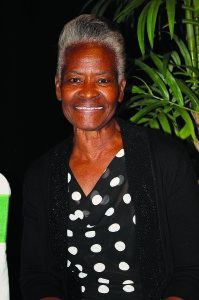 Mary Stafford Gaines
Mary Stafford Gaines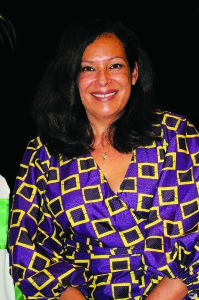 Gypsy Gallardo
Gypsy Gallardo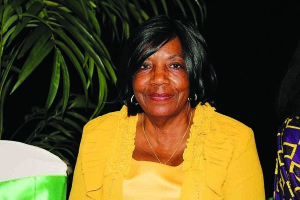 Dr. Carrie Nero
Dr. Carrie Nero 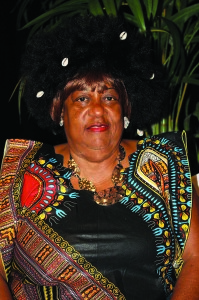 Sandra Rooks
Sandra Rooks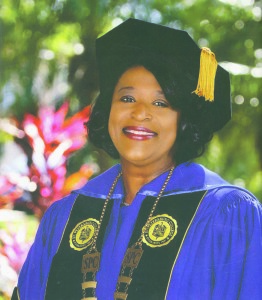 Dr. Tonjua Williams
Dr. Tonjua Williams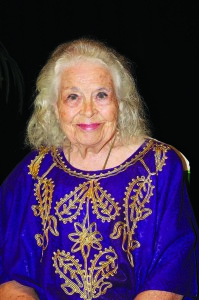 Winnie Foster
Winnie Foster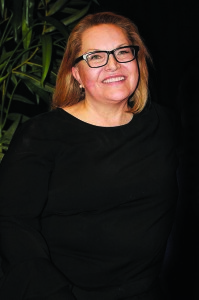 Lorna Taylor
Lorna Taylor